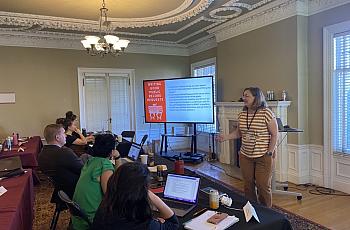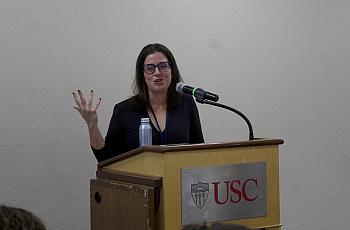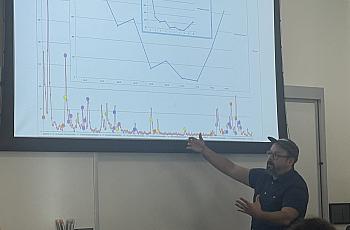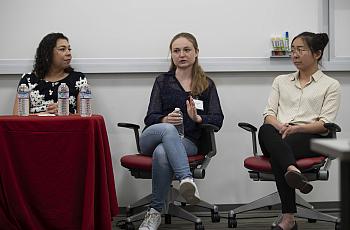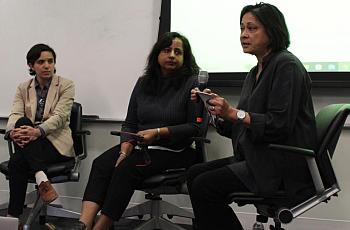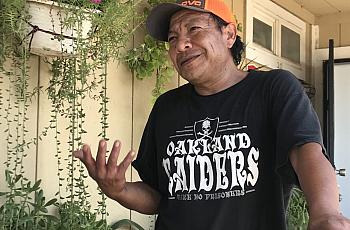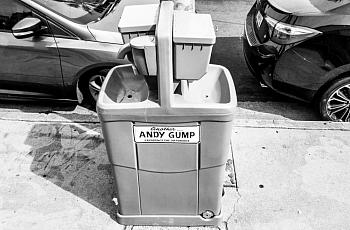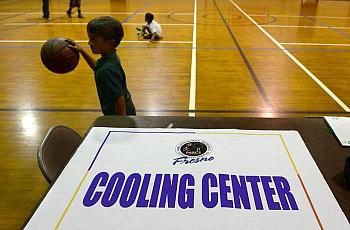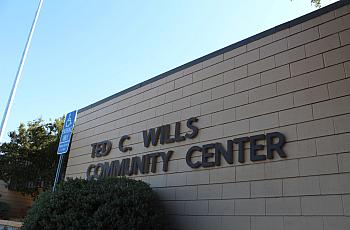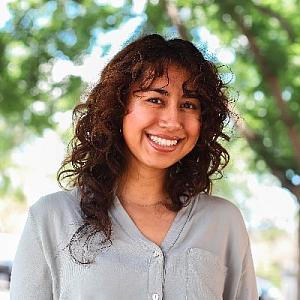
Cassandra Garibay is currently an engagement reporter at ProPublica. She was raised in the Central San Joaquin Valley, where she reported for the community about housing and homelessness at the nonprofit news organization, Fresnoland, in partnership with the Fresno Bee. She returned to the Central Valley after completing her journalism degree at Cal Poly San Luis Obispo and working for the San Luis Obispo Tribune as a breaking news and health reporter. Cassandra has won two McClatchy President’s Awards for her work on projects funded by the Center for Health Journalism. She has also received several California New Publishers Association awards, the SAGE Publishing Award and the Cal Poly George Ramos Scholarship. Garibay was a 2022 California Fellow and went on to serve as Center's California engagement editor.

